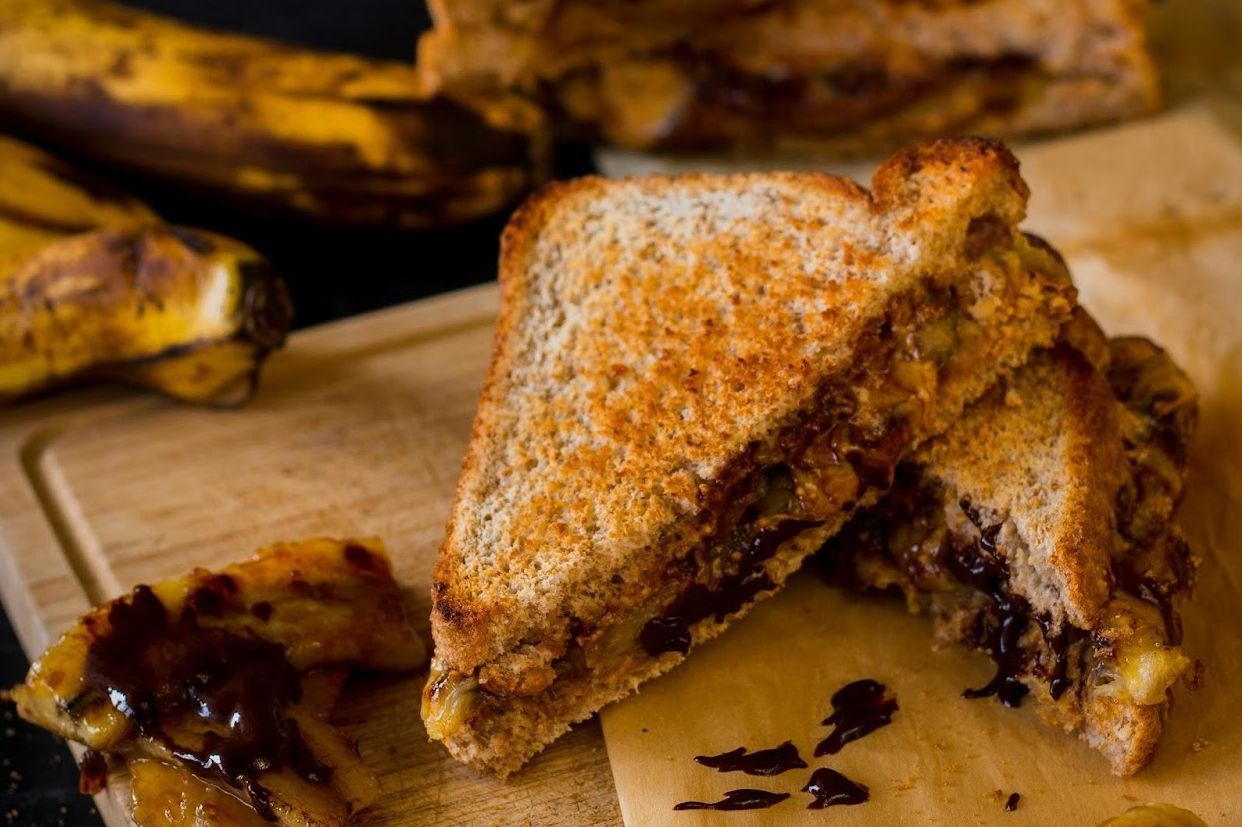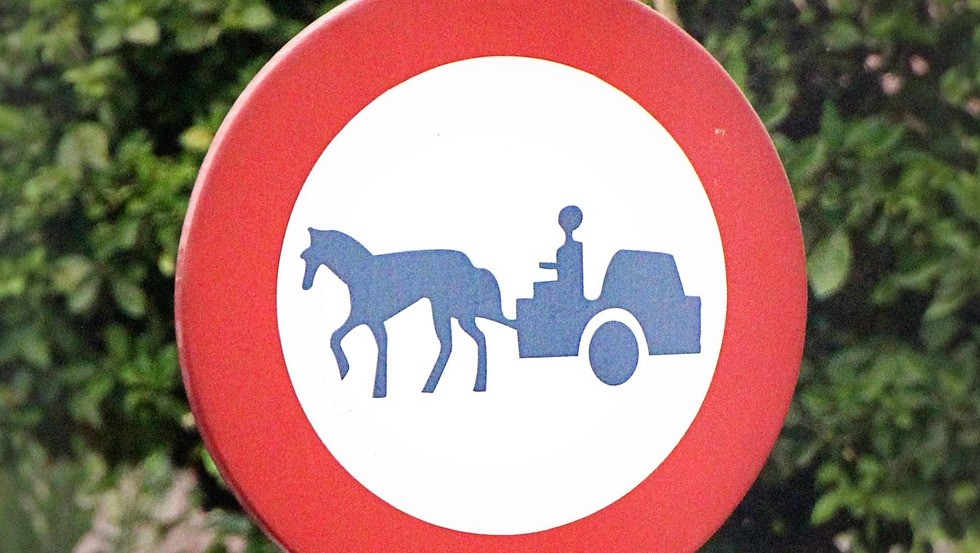I want to believe
Why do we knock on wood for good luck? 12 common superstitions explained

Image: Susannehs
We’ve all heard about the seven years of bad luck that are said to follow if we break a mirror, or why tossing salt over one’s shoulder is supposed to keep misfortune away. Superstitions have been a part of everyday life in the U.S., often passed down through generations without much thought to their origins. Let’s take a look at the origins of 12 common superstitions that continue to influence how people think and act today.
1
Breaking a mirror

Image: Savannah B.
As we’ve all heard, breaking a mirror is said to bring seven years of bad luck— a belief that dates back to the Romans . They thought a mirror didn’t just reflect your face, but also your soul.
Because the Romans also believed that life renewed itself every seven years, the curse was thought to last exactly that long.
2
Walking under a ladder

Image: Nick Fewings
This superstition has its roots in medieval Europe, where ladders leaning against walls formed a triangle, a shape that symbolized the Holy Trinity .
Walking through it was seen as breaking the sacred shape and inviting misfortune. Today, most people avoid it not only out of superstition but also for simple safety.
3
A black cat in your path

Image: Emmeli M
In the Middle Ages, black cats were linked to witchcraft and were thought to be witches’ companions—or even witches in disguise. Crossing paths with one was considered dangerous .
Though many cultures view black cats as lucky, in the U.S., the old stigma has persisted.
4
Knocking on wood

Image: Glen Carrie
The habit of knocking on wood to ward off bad luck likely comes from ancient pagan traditions. Trees—especially oaks—were believed to house protective spirits .
Touching or knocking on wood was a way to call on those spirits for protection. The phrase and the action traveled across centuries, and now it’s a common phrase in everyday conversations.
5
Opening an umbrella indoors

Image: Kato Blackmore 🇺🇦
The superstition that opening an umbrella indoors brings bad luck originates from 18th-century England. Early umbrellas were large, stiff, and often had metal spokes.
Opening one indoors could cause injury or break household items , so the "bad luck" warning worked as a practical safety rule.
6
Friday the 13th

Image: Nik
Friday has long been considered unlucky in Christian tradition because it was said to be the day of the Crucifixion. The number thirteen was also viewed as ominous, connected to the Last Supper .
When the two were combined, Friday the 13th gained its spooky reputation. Despite rational explanations, some hotels skip floor 13, and many people still avoid major plans on that date.
7
Spilling salt

Image: ekaterina shishina
Salt was once precious and expensive, symbolizing purity and friendship. Spilling it was considered wasteful and unlucky in ancient times.
The practice of tossing a pinch over your left shoulder comes from folklore, supposedly to blind the devil lurking there . It’s a tiny gesture that still lingers on dinner tables today.
8
Four-leaf clover

Image: Barbara Krysztofiak
The four-leaf clover is a symbol of good fortune dating back to the Celts, who believed the rare leaves provided protection against evil spirits .
Since clovers typically have only three leaves, the fourth leaf came to symbolize rarity and luck.
9
Rabbit’s foot

Image: Timofei Adrian
Carrying a rabbit’s foot for luck traces back to African and European folklore, where rabbits were seen as fertile, magical creatures .
The superstition spread through American culture in the 19th century, especially in the South. Even though it might seem unusual—and potentially unsanitary—the lucky rabbit’s foot remains a well-known charm today.
10
Wishbone

Image: Museum of New Zealand Te Papa Tongarewa
The tradition of making a wish on a wishbone originates with the Romans, who, in turn, borrowed it from the Etruscans. They believed that birds held divine powers .
Breaking the bone with someone else was thought to transfer luck to the person who ended up with the larger piece .
11
Coin in a fountain

Image: Lila Mitchell
Tossing a coin into water to make a wish has its roots in ancient Europe. Wells and springs were considered sacred, often associated with gods or spirits.
People dropped coins as offerings for health or good fortune . Today, fountains across the U.S. and around the world collect millions of coins.
12
Wishing upon a star

Image: Ali
The superstition of wishing upon a star comes from ancient Greece and Rome, where falling stars were believed to carry messages from the gods .
Even today, looking up at the night sky and spotting a shooting star inspires many people to make a wish.





























